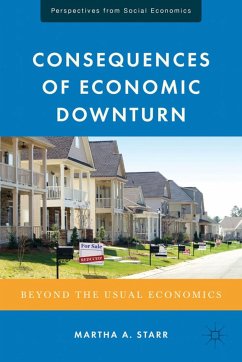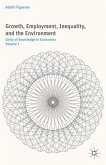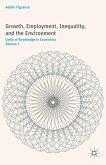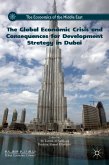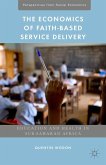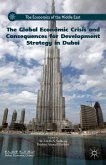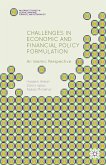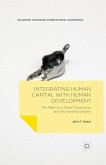The 2007-09 financial crisis and economic downturn inflicted considerable hardship on the U.S. population. This book argues that the financial crisis and ensuing recession reflected not just a malfunctioning of the financial system - but also inequalities and insecurities in access to livelihoods that favor well-off groups and leave ordinary people shouldering undue burdens of downside risk. This book, a collection of original papers by leading social economists and scholars in related fields, examines social, distributional, and ethical dimensions of the downturn. It should be of broad interest to the social-science and economic-policy communities.
"Eleven papers explore the causes and consequences of the current economic downturn beyond the usual focus on money, banking, and finance." - Journal of Economic Literature
"Unusual economic times call for going beyond the usual economics; this book does that; it provides a valuable contribution to the economic debate about the recent crisis and how to deal with it." - David Colander, CAJ Distinguished Professor of Economics, Middlebury College
"The contributors to this refreshingly accessible volume make clear that the destruction of livelihoods brought on by the Great Recession is not evenly shared. Our attention is drawn to where it deserves to be: on the human costs of failure to manage economies in a way that ensures broadly shared well-being and economic security." - Stephanie Seguino, Professor of Economics, University of Vermont
"Unusual economic times call for going beyond the usual economics; this book does that; it provides a valuable contribution to the economic debate about the recent crisis and how to deal with it." - David Colander, CAJ Distinguished Professor of Economics, Middlebury College
"The contributors to this refreshingly accessible volume make clear that the destruction of livelihoods brought on by the Great Recession is not evenly shared. Our attention is drawn to where it deserves to be: on the human costs of failure to manage economies in a way that ensures broadly shared well-being and economic security." - Stephanie Seguino, Professor of Economics, University of Vermont

